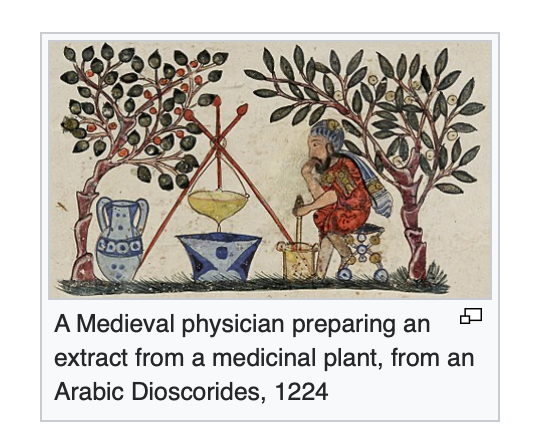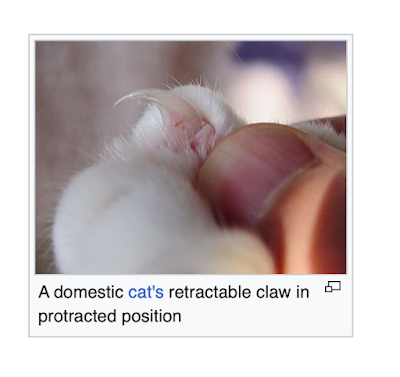 |
Aeneas and Ascanius find the white wild boar (Roman marble relief, 140–150, British Museum).
|
*Link with Information
Yazdıklarım benim özgün düşüncelerim değil. Sadece yukarıdaki bağlantıdaki hazır bilgilere, bilgi katıp yorumladım.
*
Aşağıdaki bağlantı ile başlayayım:
Carian Gelas
*
Kaynak:
*
Karyalılar başbuğlarına 'gelas' derlermiş:
*Bu en eski kaynaktan sonra bilinen kaynaklara geçelim yavaş yavaş!
*
According to Wikipedia:
'Gyula (Yula, Gula, Gila), Müslüman ve Bizans kaynaklarına göre, 9. ve 10. yüzyıllarda Macar kabile federasyonunun liderlerinden birinin ve sıralamada ikinci olanın unvanıydı.[1] En eski Macar kaynaklarında başlık adı yalnızca kişisel ad olarak kaydedilir (Gyyla, Geula, Gyla, Iula (YULA-UA)).[1]
Macar kroniklerine göre Transilvanya, Gyula adı verilen bir prensler soyunun yönetimi altındaydı ve ülkeleri Macaristan Kralı I. Stephen (1000/1001–1038) tarafından işgal edilmişti.[1]'
*
Gyula (Yula okunur) Macar soylularına verilen bir sandı. Eski Türkçe YULA sözcüğünden gelir ki, meşale anlamındadır. Yul kökünü 'yıldız' ve 'yıldırım'da hala görebiliriz.
Bu kök Ön-Türkçe'ye kadar götürülebiliyor:
*
1068 yılında Peçenek ve Oğuzların, Macarlarla savaştığı Kerlés Savaşı'nda Türk asıllarından şüphe bulunmayan Kumanların bir soylusunun da adı Gyula'dır.
Kaynak: Wiki*
Şimdi daha eski bir tarihe gidelim.
Truvalı Aeneas'ın oğlunun adı Ascanius'un diğer adı da Iulus'tur (Yulus).
Türkçesi: Ascanius (Antik Yunanca Ἀσκάνιος Askánios) veya Iulus (ayrıca: Ilus veya Julus), Roma veya Yunan mitolojisinde Truva prensi Aeneas'ın oğlu ve Alba Longa'nın ilk kralıdır.
*
İngilizce wiki aşağıdaki bilgiyi yazar:
'Ascanius (/əˈskeɪniəs/; Eski Yunanca: Ἀσκάνιος)[1] Alba Longa'nın efsanevi kralıydı ve Truva kahramanı Aeneas ile Priam'ın kızı Creusa'nın oğluydu. Roma mitolojisinde bir karakterdir ve ilahi bir soya sahiptir; tanrıça Venüs'ün oğlu Aeneas ile kral Priam'ın akrabası olan kahraman Anchises'in oğludur; bu nedenle Ascanius, tanrı Jüpiter ve Dardanus'un torunları olan her iki ebeveyn tarafından da ilahi yükselişlere sahiptir. Aynı zamanda Romulus, Remus ve Gens Julia'nın atasıdır. Virgil'in Aeneid adlı eserinde babasıyla birlikte önemli bir karakterdir ve Roma ırkının kurucularından biri olarak tasvir edilir.'
*
(ASKAN'ın da Türkçe taş gibi Türkçe ad olabileceğini gözden kaçırmayalım).
*
Truvalıların İtalya'ya göçünce Roma'nın ana şehri Alba Longa'nın kurucusu oldu.
Remus / Romulus'un da atasıdır.
VE daha da önemlisi Yulius (Julius) Oymağının (Julia gens) da atası olmasıdır.
Bu oymaktan çıkan en önemli kişilik de Julius Sezar'dır.
*
Ben Karyalılardan çıkıp, Truvalılarla İtalya'ya geçip, Trakya'daki Türk asıllı budunların soylularına verilen ad/san olan YULA sözcüğünün izini sürdüm.
*
Aynı coğrafyada farklı zamanlarda bulunan bu adın/sanın sadece rastlantı olarak buralardaki kültürlede bulunduğunu düşünmüyorum!
Uzunbacak Adem
*
ENGLISH VERSION:
***FOR THE LINKS AND PIC SEE ABOVE)***
What I write is not my original thoughts. I just added and commented on the ready-made information in the link above.
*
Carians called their kings 'gelas':
*
After this oldest source, let's slowly move on to known/new sources!
*
According to Wikipedia:
'Gyula (Yula, Gula, Gila) was, according to Muslim and Byzantine sources, the title of one of the leaders of the Hungarian tribal federation and the second in rank in the 9th and 10th centuries.[1] In the oldest Hungarian sources the title name is recorded only as a personal name (Gyyla, Geula, Gyla, Iula (YULA-UA)).[1]
According to Hungarian chronicles, Transylvania was under the rule of a line of princes called the Gyula, and their country was occupied by King Stephen I of Hungary (1000/1001–1038).[1]'
*
Gyula (pronounced Yula) was a title given to Hungarian nobles. It comes from the Old Turkish word YULA, meaning torch. We can still see the yul root in 'YILDIZ' (star) and 'YILDIRIM'(lightning).
This root can be traced back to Pre-Turkish:
*
In the Battle of Kerlés, in which the Pechenegs and Oghuzs fought the Hungarians in 1068, the name of a Cuman nobleman whose Turkish origins were undoubtedly known was Gyula.
Source: Wiki
*
Now let's go back to an older date.
The other name of the son of Trojan Aeneas, Ascanius, is Iulus (Yulus).
Wiki: Ascanius (Ancient Greek Ἀσκάνιος Askánios) or Iulus (also: Ilus or Julus) was the son of the Trojan prince Aeneas and the first king of Alba Longa in Roman or Greek mythology.
*
The English wiki writes the following information:
'Ascanius (/əˈskeɪniəs/; Ancient Greek: Ἀσκάνιος)[1] was the legendary king of Alba Longa and the son of the Trojan hero Aeneas and Priam's daughter Creusa. He is a character in Roman mythology and has a divine lineage; He is the son of Aeneas, the son of the goddess Venus, and the hero Anchises, a relative of king Priam; thus Ascanius has divine ascensions from both parents, who are descendants of the gods Jupiter and Dardanus. He is also the ancestor of Romulus, Remus and Gens Julia. He is an important character, along with his father, in Virgil's Aeneid and is depicted as one of the founders of the Roman race.'
*
(Let's not forget that ASKAN can also be a Turkish name like Turkish stone).
*
He became the founder of Alba Longa, the main city of Rome after the Trojans migrated to Italy.
He is also the ancestor of Remus/Romulus.
AND more importantly, he is the ancestor of the Nobel family of Julius (Julia gens).
The most important personality to emerge from this tribe is Julius Caesar.
*
I left the Carians, went to Italy with the Trojans, and traced the word YULA, which was the name given to the nobles of the Turkish-origin tribes in Thrace.
*
I don't think that this name/name, which was found in the same geography at different times, is only a coincidence in the cultures here!
*







































